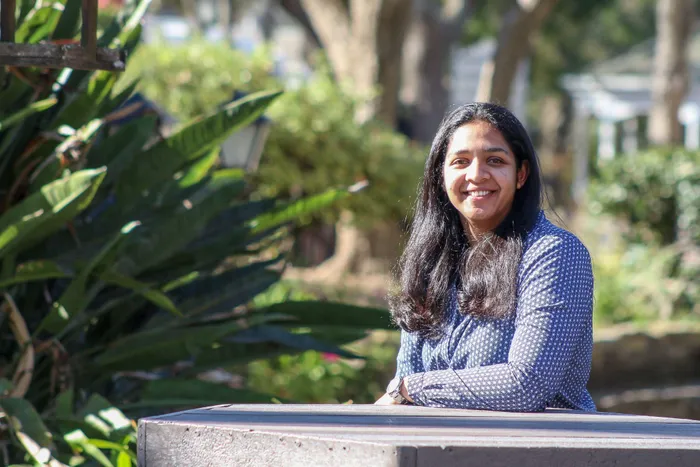
Dr. Zakeera Docrat from UWC has been elected to the Executive Board of the International Association for Forensic and Legal Linguistics (IAFLL) - making her the first South African in the history of the association to occupy such a position.
Image: UWC
In a landmark moment for South African academia and the continent, UWC’s Dr Zakeera Docrat has been elected to the Executive Board of the International Association for Forensic and Legal Linguistics (IAFLL).
She is the first South African in the history of the association to occupy such a position. Her four-year term will begin in August.
The announcement was made this month during the IAFLL's 17th Biennial Conference and Annual General Meeting.
Forensic and legal linguistics - the study of language and its role in legal systems - remains a relatively new field in Africa. But since 2017, South Africa has emerged as a key contributor to its growth, thanks largely to the groundbreaking work of Docrat.
She holds the distinction of being the first person in South Africa to obtain a PhD in African Languages with a focus on forensic linguistics, and is currently the country’s only practicing forensic and legal linguist.
Docrat made history in May this year as a forensic linguistics expert when called as a witness to testify in a case of sexual harassment, and asked to interpret the meaning of emojis used in text exchanges between two parties. She was called to give expert insight and interpretation into the alleged sexually-charged use of emojis by suspended Eastern Cape Judge President Selby Mbenenge and High Court secretary Andiswa Mengo, and spent more than five hours testifying before the Judicial Conduct Tribunal.
Her election to the IAFLL Executive Board also marks her as only the second academic from Africa to serve on the Board, following Professor Eliseu Mabasso from Mozambique.
Reflecting on her appointment, Docrat said: “It’s a great honour for me to have been elected to the executive board of the International Association for Forensic and Legal Linguistics. It’s an even greater honour given that I’m the first South African to be elected to the board in its history, but also only the second African to be elected after Professor Mabasso, who also currently still serves on the board.
“I’m looking forward to learning a lot from him and having him guide me on the processes of making representations for the Global South in particular.”
The academic scholar applauded the efforts in recognising women in research and academia.
“I think it’s been a long time coming that we will be represented on the International Board, and the support that has been offered during the course of the conference this past week - from outgoing President Dr Jennifer Glougie from Canada and incoming President Professor Tammy Gales from the USA - has been overwhelming,” said Docrat.
“Both are extremely strong women in leadership, but also in academia. To have them back me as a young female scholar in South Africa and within the international community has been truly humbling. I’m also thankful for the broader executive - it has a stronghold of powerful women leaders in the field of forensic linguistics, and the conference over the past week has been illustrative of the number of women researchers in forensic and legal linguistics globally.”
Cape Times